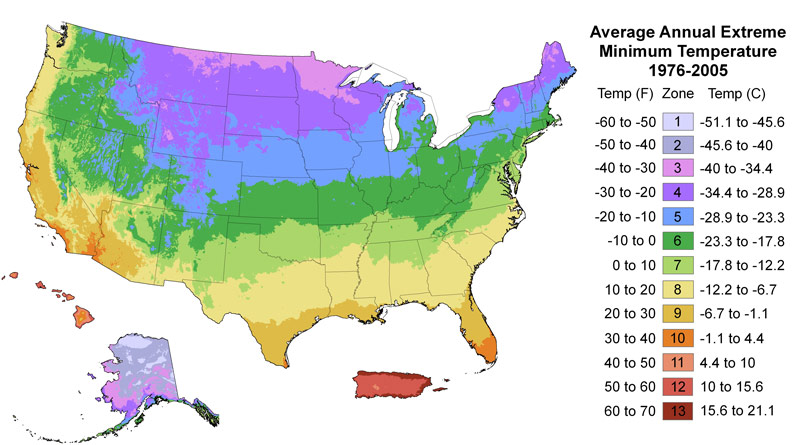Royal Rosa Apricot Tree
The Royal Rosa Apricot has small to medium-sized fruit with orange skin with a red blush and white blossoms. The fruit is sweet and tart. At younger ages, they produce more fruit than other varieties.
Not compatible with your zone (2a)
General Plant Information
The Royal Rosa Apricot Tree for Sale
Buy a beautiful and productive Royal Rosa Apricot tree for sale on our online store or in person at our nursery. It offers both aesthetic appeal and delicious harvests. This apricot variety is known for its stunning white blossoms that emerge in early spring, creating a visually captivating display in your garden. As the blossoms fade, they give way to medium-sized apricots with vibrant orange skin and juicy, flavorful flesh.
Royal Rosa Apricot Tree Description
Royal Rosa Apricot trees are a self-pollinating variety. This means it does not require another apricot tree for cross-pollination. This makes it an ideal choice for smaller gardens or those with limited space. The tree itself is medium-sized, reaching a height of about 10 to 15 feet (3 to 4.5 meters). This makes them suitable for both backyard orchards and container gardening.
Ripe Royal Rosa Apricots Ready For Harvest
Harvest Royal Rosa Apricot from your tree in mid to late summer. Pick Apricots when they develop a deep orange color. To check, squeeze, and feel for a slight give. The fruits have excellent flavor because they are sweet and tart in a delightful combination.
To ensure optimal growth and fruit production, the tree thrives in full sun exposure and well-drained soil. Provide regular water in the Spring through Fall. 1-2 times per week when the weather is cool. Remember, you must increase the frequency of water in warm Summer weather. To maintain its shape, prune the tree in late winter or early spring. Remove any dead or diseased branches to promote better airflow and make space for new growth.
The fruits are a true culinary delight. So, enjoy apricots fresh off the tree, bake with apricots, make a preserve, or even dry them for longer shelf life. Therefore, their versatile flavor makes them a fantastic addition to a variety of recipes and culinary creations.
Buy a tree today to bring the beauty and taste of the Royal Rosa to your garden and enjoy the bountiful harvests it provides. Whether you’re a gardening enthusiast or simply appreciate the joy of homegrown fruit, this apricot tree is sure to satisfy both your visual and culinary senses.
Additional Information
Plant Type: DeciduousZones: 7-10
Chill Hours: Less than 400 Hours
Pollination: Self-Fruitful / Self Pollinating
USDA Hardiness Zones: 7-10
Planting Information
Soil and Planting: Plant in soil that drains well. Dig a hole that is as deep as the tree’s roots and at least twice as wide.
Place the tree in the hole and backfill around the plant’s roots with a mixture of the native soil and high-quality planting mix that has washed sand and organic fertilizer.
Create a basin around the roots drip zone so that water collects. Water deeply until the roots and nearby soil is saturated and reaches field capacity.
Plant Care Information
Limited Guarantee and Returns
Compatibility
The two factors that determine if a deciduous fruit trees will grow well and produce fruit in a certain area are the Chill Hour Requirement and the Cold Hardiness. “Chill hours” are the amount of cold a deciduous fruit tree need to produce fruit. This is measured in the number of hours below 45 degrees Fahrenheit a plant must experience during its winter dormancy. Paradise Nursery only grows Low Chill fruit trees that meet the chill requirements of all areas of the United States.
The second factor is Cold Hardiness. Cold Hardiness refers to the minimum temperature a plant can tolerate. The USDA’s Cold Hardiness Zones indicate the average minimum winter temperatures of areas. Based on the shipping zipcode, our website will only allow you to add plants to your cart that grow within your USDA Hardiness Zone, and tolerate your climate.
Pollination & Propagation
(Grafting/Cutting) Most of Paradise Nursery’s edible plants are self-fruitful. Self-pollinating trees do not require an additional tree to produce fruit. For your convenience, we have indicated which trees require a pollinator, and their associated pollinators. Only the sweet cherries, avocados, and some plums require a pollinator. All of our other propagated edible plants do not require a pollinator. All of our edible plants are either grown from cuttings, budded, or grafted. This way, we can ensure that our plants are high quality and fruit immediately. Plants will generally begin fruiting within a year of planting.







